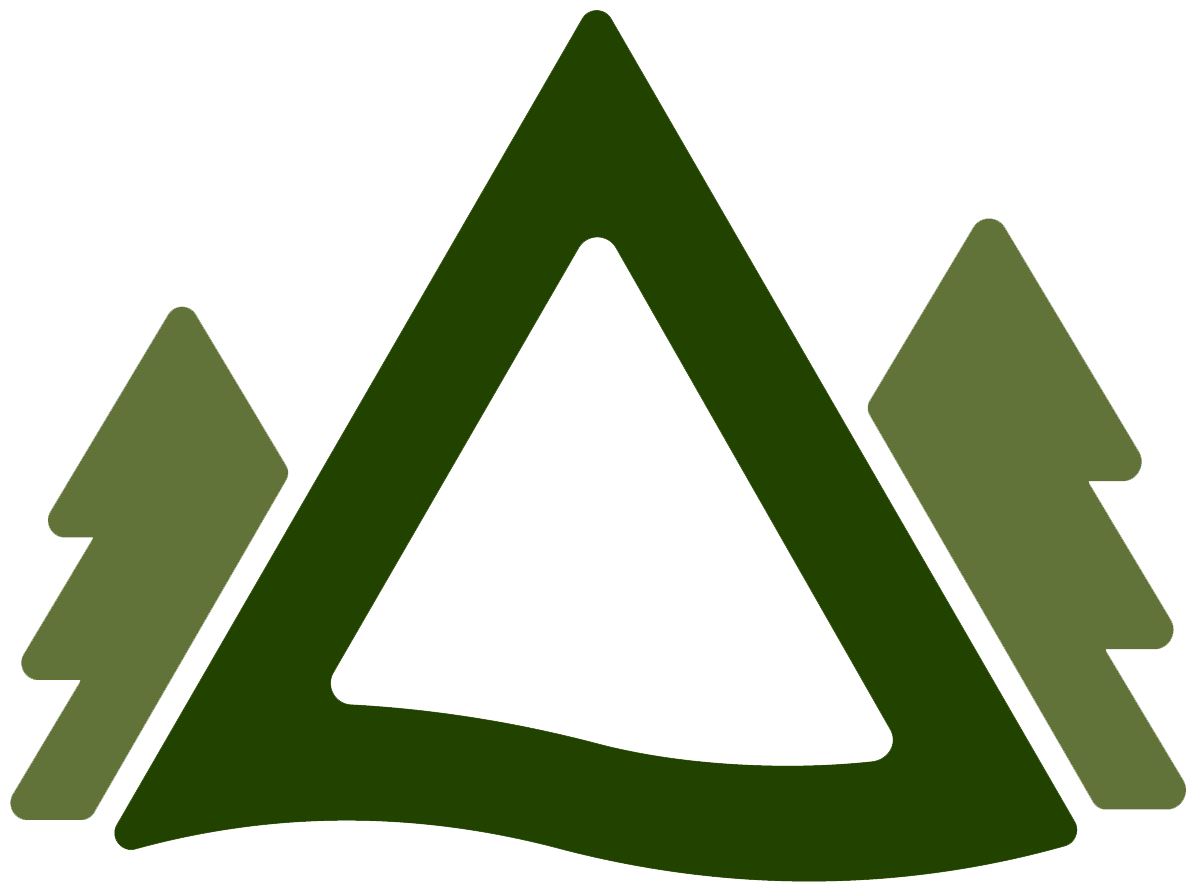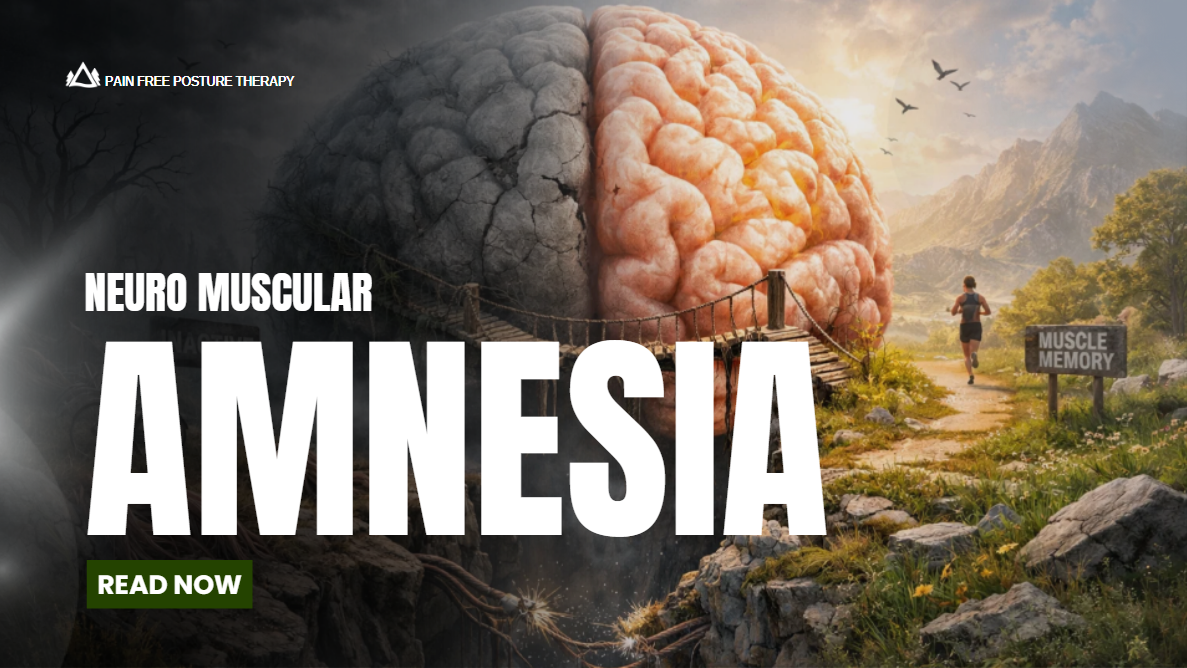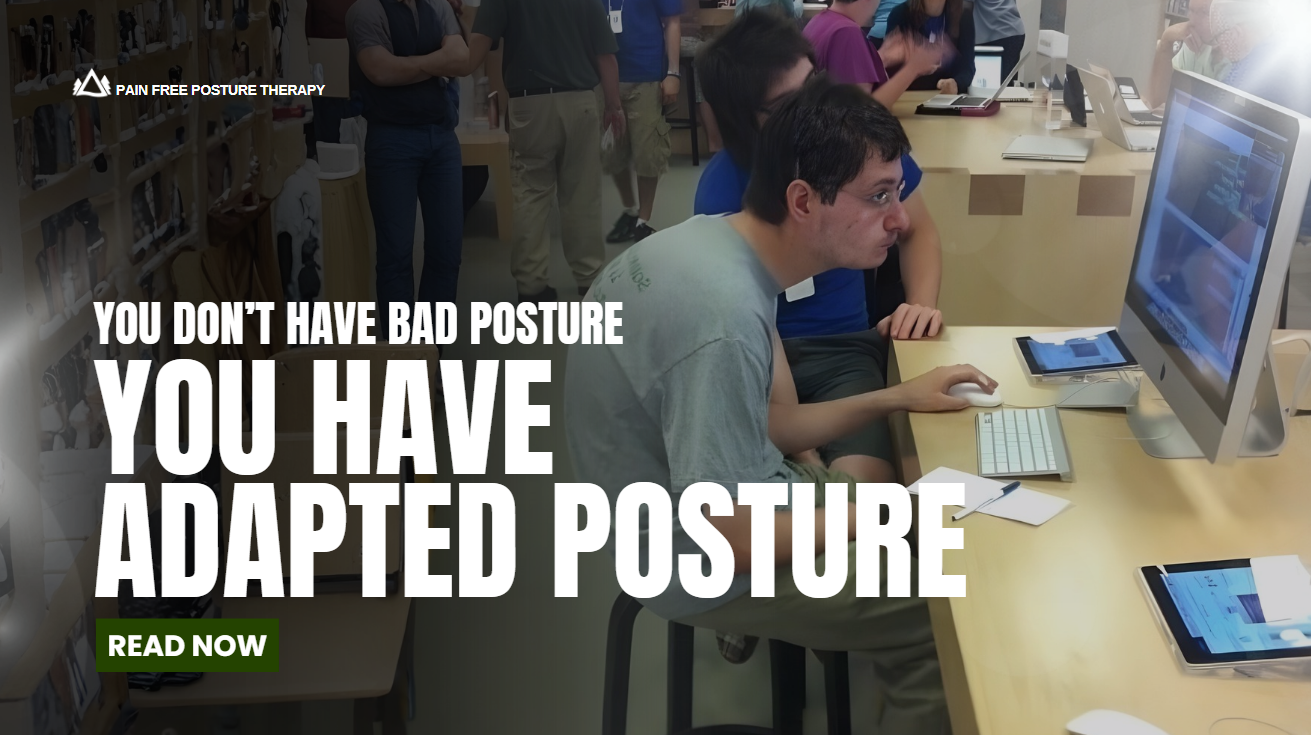What is your core?
“Core strength” is a term thrown around a lot, but in posture therapy, we define it differently than most. Instead of focusing on your abs or lower back, we look at the pelvis and hips as the true center of strength and stability.
Why? Because the largest muscles in your body attach there, quads, hamstrings, glutes, and hip flexors. These are the muscles that drive movement and support alignment. When the pelvis is balanced and functional, everything above and below it works more efficiently.
The problem comes when people think of the core only as the stomach and back. Those areas are often already overworked. Doing endless sit-ups, back extensions, or planks on top of that just adds more strain. Without first correcting pelvic balance, those exercises can reinforce dysfunction instead of fixing it.
That’s why we often start with movements like knee pillow squeezes and glute contractions. These exercises restore balance at the pelvis, wake up the right muscles, and create a foundation for healthier movement patterns. From there, the spine, shoulders, and everything else can stack more naturally.
If you’ve ever wondered why your posture therapy routine doesn’t include as many traditional “core” exercises as you expected, this is why. We’re not skipping the core, we’re addressing it at the source. By starting with the hips and pelvis, you set up your entire body to move better and stay stronger.
Serving Colorado from our centrally located office in Westminster and seeing clients from Fort Collins to Colorado Springs, Denver and Boulder, we can also help globally via WebCam such as Zoom or FaceTime.
Anu Lawrence owned Egoscue Method clinics for over a decade before moving to private practice in 2022 and is a certified master instructor in the Egoscue Method, having learned the craft from Pete Egoscue directly.


